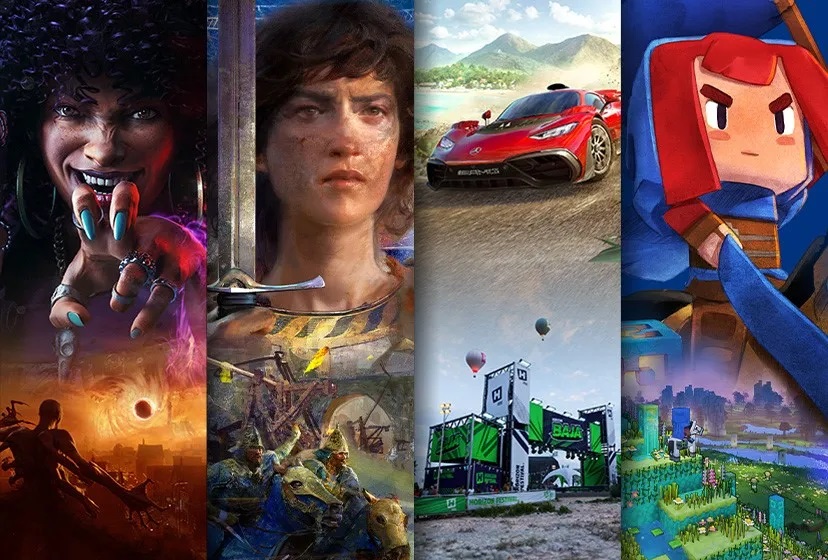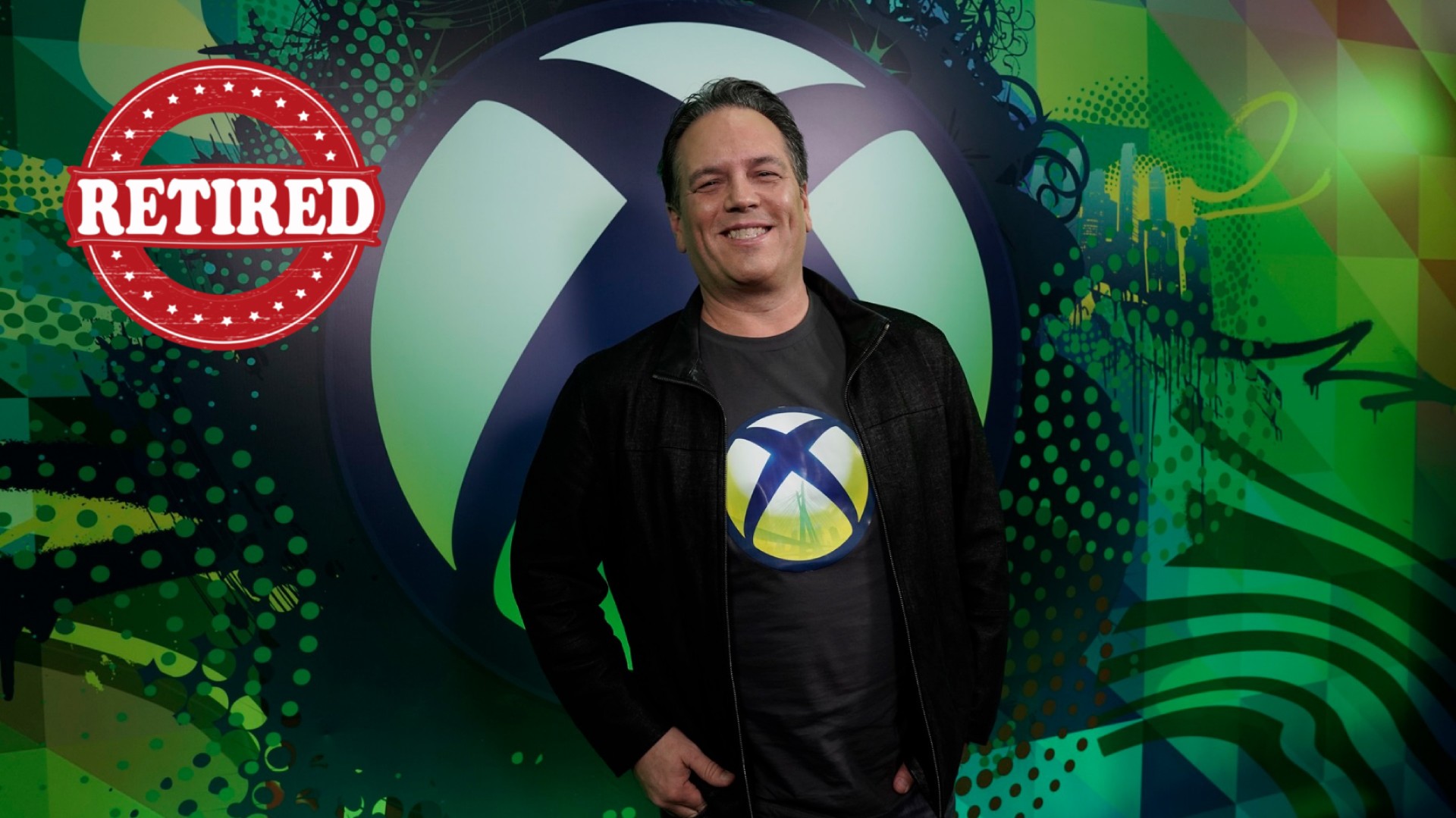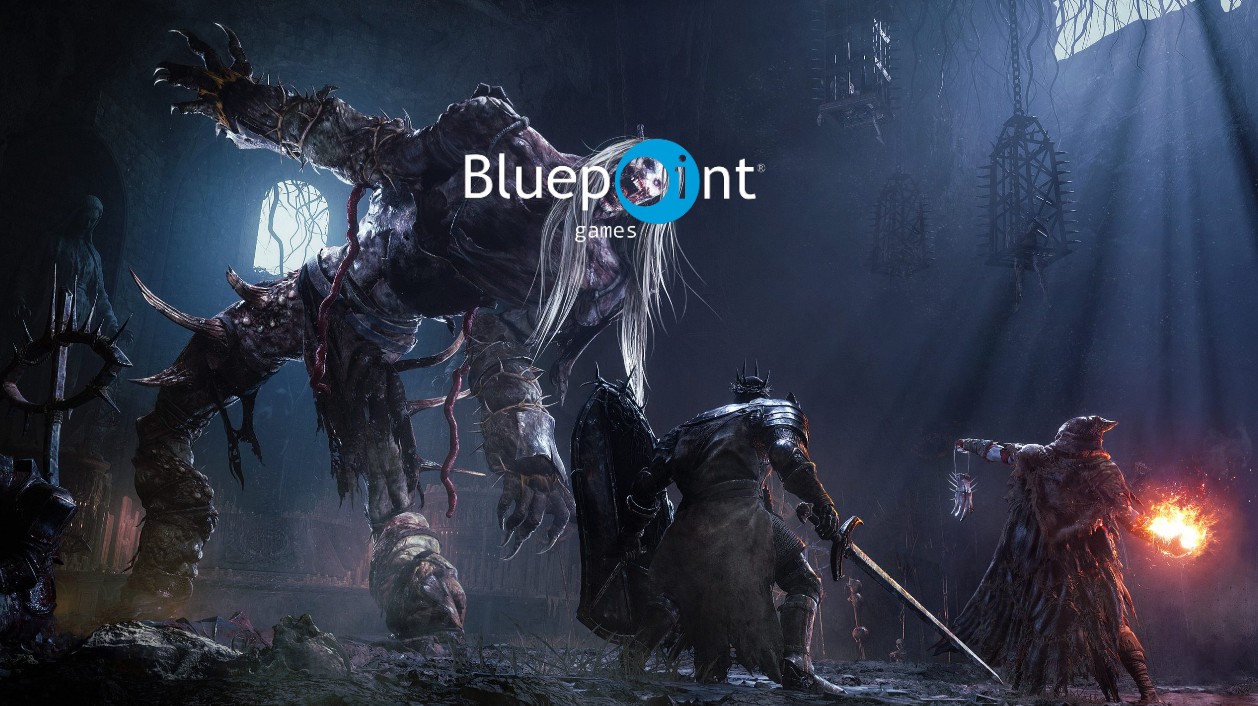- Xbox recently hired former PlayStation executive Mena Kato to build partnerships in Japan.
- She believes the region cannot grow much without the help of Xbox.
- Microsoft’s control over the PC market could be a major part of future growth in Japan.
Growth is a key focus for Xbox this generation. Whether expanding to other platforms through a mobile gaming store or collaborations with Japanese studios, Microsoft is focused on expanding its gaming business in a new direction.
Among the new goals, the current focus on the Japanese market is a big deal for Xbox. The company has been criticized for ignoring this market segment in the past, but now Microsoft believes Xbox will be crucial to expanding this market.
Why it matters: PlayStation and Nintendo currently dominate the Japanese market. Both gaming giants have such a strong foothold in the business that nobody can seemingly challenge their position.
As reported by Bloomberg, Mena Kato recently shared her outlook on the situation in Japan. Responsible for Microsoft’s regional partnerships, the executive brings two decades of experience from her time with PlayStation.
She hopes to usher in a new era for audiences in Japan, and part of this goal requires bringing Xbox to the forefront of this market. Speaking during a recent interview, she expressed the importance of the console and said:
“Japanese publishers will definitely need us in expanding their business.”
Mena Kato plays a major role in helping Xbox collaborate with local game studios and creators.
Not too long ago, Phil Spencer highlighted his intentions to focus on Japan. Xbox recently partnered with Square Enix, with the company’s new CEO being enthusiastic about this collaboration.
Additionally, studios like Team Ninja and Atlus recently brought their offerings to Game Pass. Therefore, Microsoft is clearly more willing than before to work with major AAA studios and smaller publishers in Japan.
Another important factor in this argument is Microsoft’s dominance on PCs. Windows, the leading PC platform worldwide, gives Japanese studios one more reason to partner with the gaming giant.
With the growing influence of PC gaming, publishers like Capcom, who claim to be PC-focused, have much to gain from working with Microsoft in the future.
Still, PlayStation and Nintendo have dominated this market for decades. This means that change will not come overnight for Xbox, and years of effort are needed to establish itself in the market.
Thank you! Please share your positive feedback. 🔋
How could we improve this post? Please Help us. 😔
[Senior News Reporter]
Avinash is currently pursuing a Business degree in Australia. For more than 5 years, he has been working as a gaming journalist, utilizing his writing skills and love for gaming to report on the latest updates in the industry. Avinash loves to play action games like Devil May Cry and has also been mentioned on highly regarded websites, such as IGN, GamesRadar, GameRant, Dualshockers, CBR, and Gamespot.






